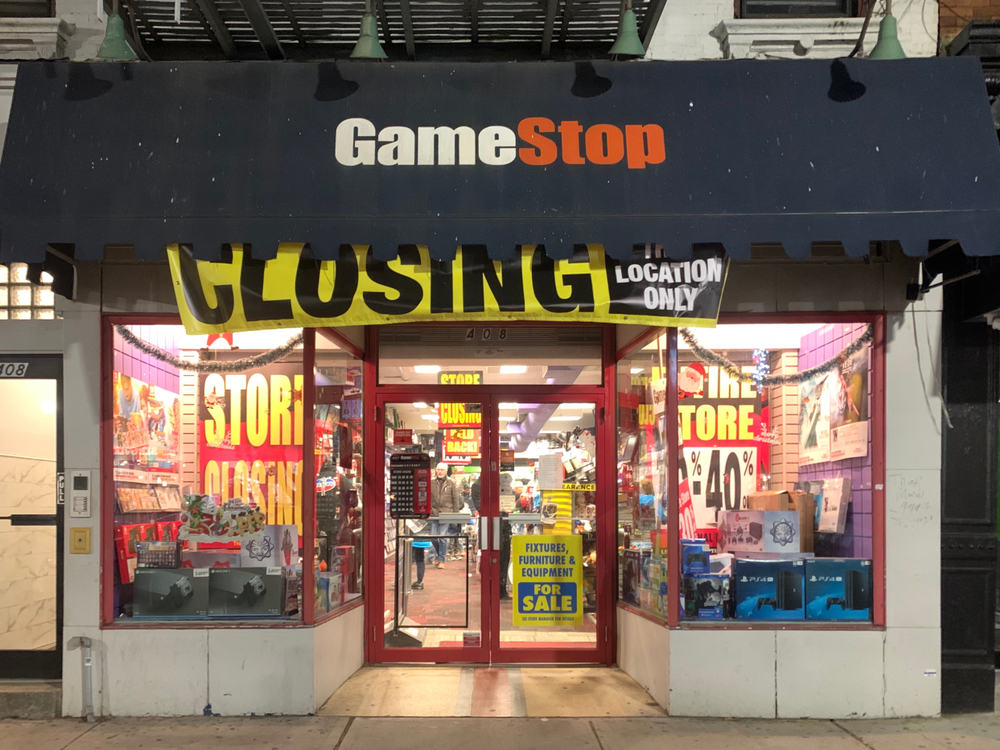Editor’s Note: In today’s article, Alexander Green explains how investors could have avoided the monumental hype surrounding the meme stock bubble of a year ago.
And he reveals how durable wealth is created by analyzing profitable and growing businesses. That’s why Alex sat down with longtime Oxford Club Member Bill O’Reilly to discuss how the average Joe can legally rig the stock market without falling victim to the hype of meme stocks.
In this video, Alex shares what could be the single biggest advantage you can use to get ahead of Wall Street time and time again.
You don’t experience massive gains by betting against Wall Street… but by betting alongside it.
Click here to learn more about Wall Street’s secret.
Investment analysts often hedge their bets. Economists, too.
That’s why Harry Truman famously begged for a one-armed economist.
He was tired of hearing, “On the one hand this… but on the other hand that.”
Most adults realize that the future – even the so-called “foreseeable future” – is hazy at best.
But no thinking person could doubt how last year’s meme stock craze would end.
I made that clear right here to the tens of thousands of subscribers caught up in it:
In the past, I’ve often said that nothing is certain in the stock market. I realize now that I was wrong.
The coming collapse in shares of GameStop (NYSE: GME), AMC Entertainment (NYSE: AMC) and other so-called meme stocks – that have experienced astronomical run-ups this year – is absolutely, completely, 100% guaranteed.
You might imagine that folks caught up in a mania would be delighted and relieved to be forewarned about an upcoming collapse.
Not so.
Many of the comments posted beneath the column were so incendiary and profane that my editors had to take them down to avoid offending readers.
Let’s look back at what happened to the meme stocks and why, to see what lessons can be learned.
A year ago today – January 28, 2021 – I wrote a column titled “The Mind-Blowing Rise – and Upcoming Fall – of GameStop.”
The stock hit a high of $483 that day. It closed 81% lower yesterday.
The percentage plunge in AMC and BlackBerry (NYSE: BB) – also highlighted in the column – is about the same.
Yes, most stocks are down sharply lately.
But let’s put things in perspective. The S&P 500 is still up 16% over the past year.
GameStop underperformed the market by nearly 10,000 basis points. (And is still far from undervalued.)
As I pointed out in the column above, the traders who got in early and used social media to drive GameStop (and the others) higher in a classic short squeeze were smart and resourceful.
It was a high-risk strategy but a successful one.
However, the folks who continued to buy a struggling mall retailer even after the valuation was completely detached from reality… even after the company diluted shareholders with a massive secondary offering… even after insiders sold millions of dollars’ worth of their own shares… and even after the hedge funds and short sellers were long gone… what were they thinking?
Some got out early, of course. Others stuck around far too long.
And some are still hoping and praying today.
I don’t think the term “dumb money” is adequate for that last group.
If it weren’t politically incorrect, I’d call it the “retarded money.”
Have they visited a GameStop lately? Did they see how old and faded the stores are? Did they notice how few customers were there?
Compare that with a visit to your local Apple store if you want to see night vs. day.
There are lessons to be learned here, including two big takeaways.
The first, as I mention here regularly, is to invest in the numbers not the narrative.
Experienced equity investors look at sales, earnings, margins, the health of the industry and the quality of the competition to analyze a company’s near- and long-term business prospects.
They don’t fall for “It’s going to the moon!” or “Buy forever. Sell never.”
That’s the language of hype.
The second takeaway? You have a much better chance of reaching your long-term financial goals if you avoid the obvious minefields.
Like all investors, I’ve had my share of investments that didn’t pan out. But I took smart risks and limited my losses.
I never lost a dime in the dot-com bubble, the housing bubble or the meme stock bubble.
And I went out of my way to warn readers about each of them.
I won’t lose a dime in the upcoming collapse of the crypto bubble, either.
And on Monday I’ll explain why.
Click here to watch Alex’s latest video update.

